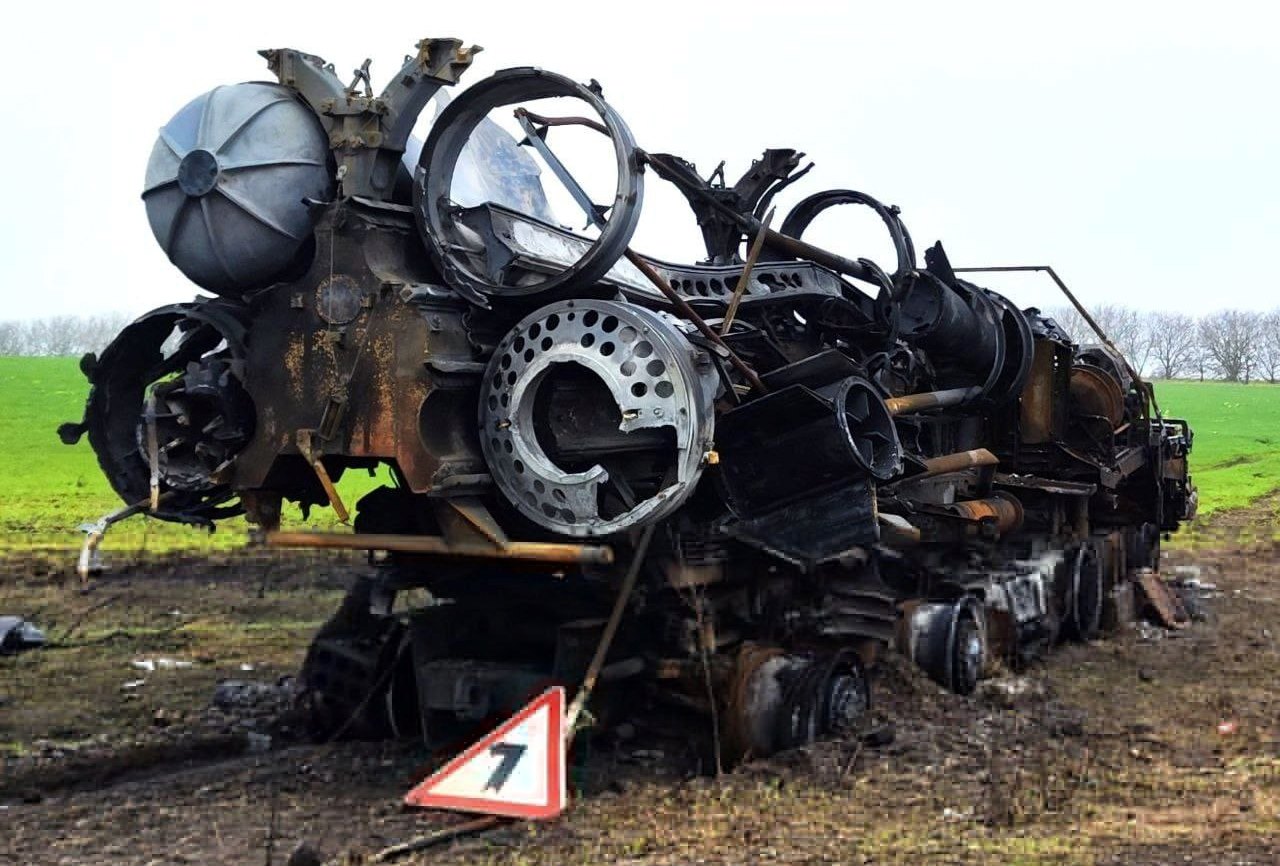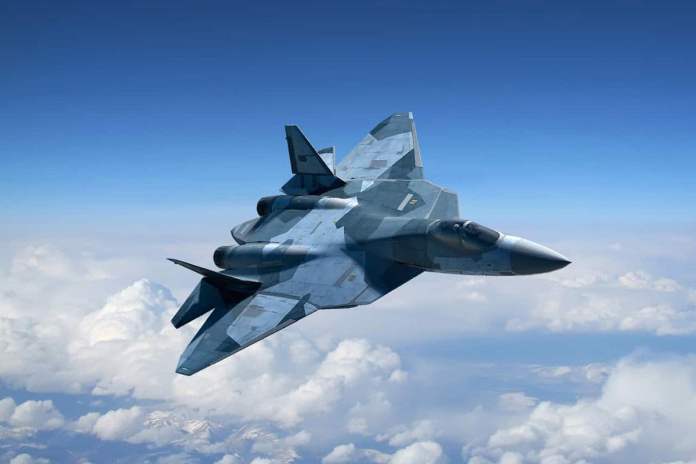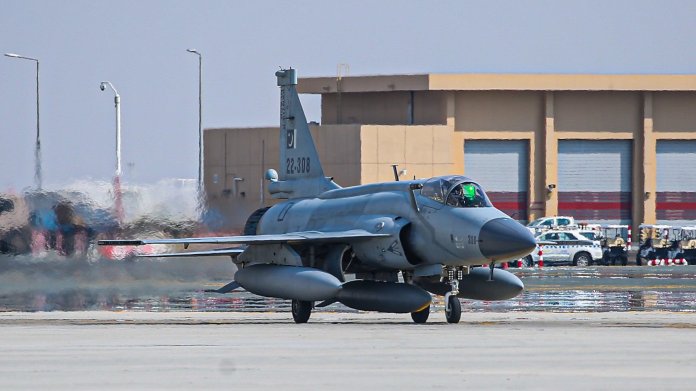Despite mixed reviews of the Russian Su-57 Felon fighter jet, there is noticeable international interest in its purchase. According to local media outlet Twentytwo13, Malaysia is considering adding the Su-57 to the Royal Malaysian Air Force's (RMAF) fleet by 2035. Unnamed sources report that Malaysia could receive its first Su-57 Felon towards the end of its 14th Plan, which involves procuring one squadron initially with an option for a second.
The sources also mention that Malaysia intends to acquire another type of fighter jet, likely the American-made F/A-18C/D Hornets from Kuwait. Additionally, Malaysia plans to upgrade its current fleet of 18 Sukhoi Su-30MKM jets to the Super Flanker standard.
Malaysia's interest in the Su-57 and the South Korean KF-21 Boramae is due to their modern, operational status. Initially, Malaysia considered several options, including the Eurofighter Typhoon, French Dassault Rafale, Swedish Saab JAS-39 Gripen, and American Boeing F/A-18E/F Super Hornet. However, these aircraft are classified as 4.5 generation and have been in service for about two decades. The Super Hornet, for instance, is nearing its 25th year in operation, with Boeing planning to end production by 2025. Experts believe this generation of aircraft has nearly reached its developmental potential.
Meanwhile, Russia continues to equip its fighter squadrons with the Su-57 Felon in a cautious low-rate initial production phase.
The Su-57 Felon, developed by Russia’s Sukhoi company, is designed for air combat and strike missions. It features stealth, supermaneuverability, and the latest avionics, and is set to replace older aircraft like the MiG-29 and Su-27 in the Russian Air Force. The Su-57 is 66 feet long, 46 feet wide, and 15 feet tall, enabling it to carry a variety of weapons and sensors while remaining hard to detect on radar. It uses two Saturn AL-41F1 engines that help it reach speeds of up to Mach 2 and fly at supersonic speeds without afterburners, conserving fuel.
The unique wing design combines trapezoidal and swept wings with two widely spaced engines, improving lift, reducing drag, and enhancing stability and control. The Su-57's movable horizontal and vertical stabilizers enhance agility, stability, and control during various flight phases. The aircraft is built with alloys, including 40.5-44.5% aluminum and 18.6% titanium, and composites, which make up 22-26% of its weight and about 70% of its outer surface.
The Su-57 features the N036 Byelka radar system, which uses AESA technology to electronically steer its beam, allowing quicker target spotting and tracking. This radar enhances the Su-57’s situational awareness and combat effectiveness. It can detect and follow multiple targets simultaneously and has advanced electronic warfare capabilities, including jamming enemy radars and communications and gathering intelligence from enemy signals. The radar’s low probability of intercept (LPI) capability makes its signals hard for enemies to detect, reducing the chance of the Su-57 being tracked or targeted.
The Su-57 is armed with the R-77 missile (AA-12 Adder), R-73 missile (AA-11 Archer), and R-37M missile (AA-13 Arrow) for long-range engagements. It also carries air-to-ground weapons like the Kh-38 missile and Kh-59MK2 cruise missile, which is designed for high-value targets with low radar visibility and precision. The Su-57 can deploy guided bombs such as the KAB-250 and KAB-500, making it effective for close air support and strategic bombing. Additionally, it has a 30mm GSh-30-1 autocannon for close-range air combat and ground target strafing, adding to its versatility and lethality.









